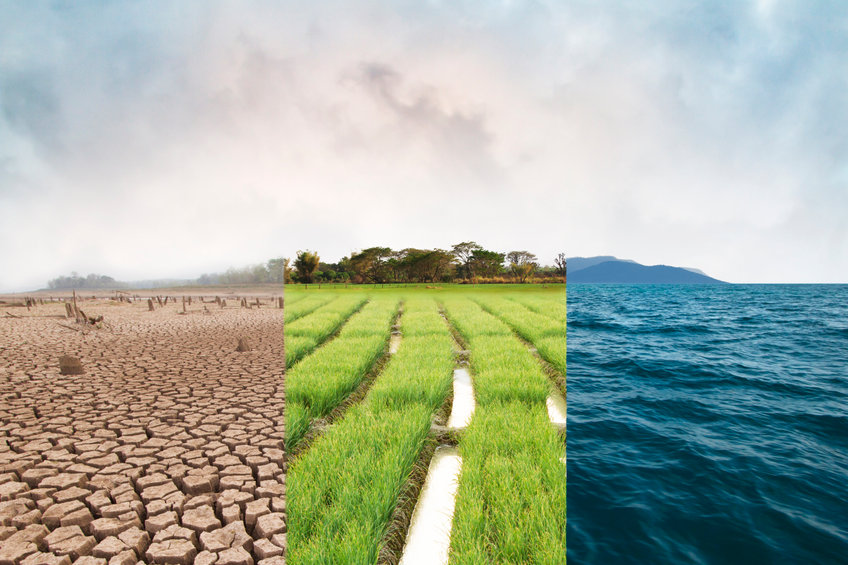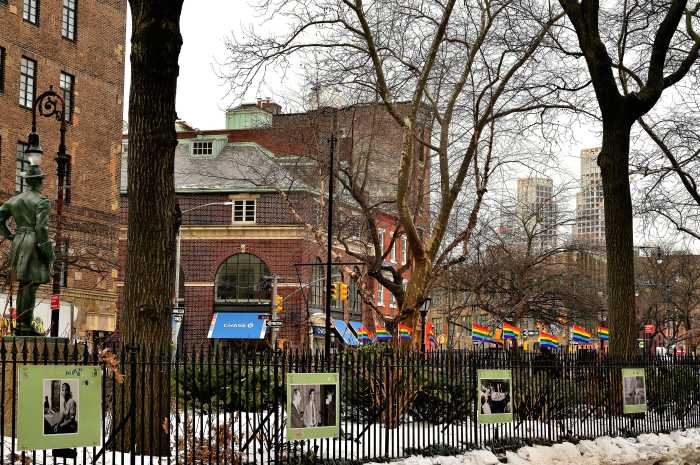
The Proposed Climate and Community Investment Act needs to do more.
As food and energy prices go up for all of us and our climate is in crisis, it’s a reminder that we need to tax big polluters on their carbon emissions as soon as possible. What is frightening is that in thirty years, our average temperatures are expected to increase by up to 5.7° F with annual precipitation up by 11%. NYC is resilient but not immune to extreme weather events like coastal flooding, high tides, and intense and frequent heatwaves. It’s already a modern-day reality for my family in India and billions across Asia.
Climate activists and economists have been fighting for a carbon tax for decades. A carbon tax makes polluters pay for carbon emissions. The Climate and Community Investment Act (CCIA), introduced by a NY State Senator + co-sponsors, makes the worst polluters pay a $55/ton of carbon dioxide emitted carbon tax.
Fifty-five dollars per ton emitted is not enough. The largest emitters right now are least likely to feel the effects of climate change. Four global businesses have been behind more than 10% of the world’s carbon emissions since 1965. If big polluters set ambitious targets in reducing their carbon footprint, the trickle-down effects will be enormous.
New York’s own Department of Environmental Conservation explicitly published that the cost of carbon to society is $125 per ton and because they used a constant discount rate in their present value calculation, even this $125 per ton is lowballing it.
The longer we fail to properly tax carbon emissions, the more people will suffer from the effects of climate change. At $55 per ton emitted, the CCIA would fund about $15 billion per year. A third of this funding will tackle climate inequality, used as transportation vouchers, weatherization credits, and direct-cash payments in affordable housing. This is a start to build safety nets for those displaced by climate change — especially for low-income families hit hardest by climate change,
However, as we know, the longer we wait to act, the higher the true cost of damage done by the carbon in the atmosphere could become. As economist William Nordhaus found, the real cost of carbon will increase about 3% every year between now and 2050 if no action is taken. This means a sufficient carbon tax today will be cheaper than it will be in ten years.
If the CCIA charges a higher carbon tax, the increased revenue could go to transitioning old buildings into energy-efficient buildings across our country, assisting NYCHA in flood resiliency, investing in urban forest programs, funding our public school education, and actually combatting the paycheck to paycheck trap so many of us New Yorkers are in.
CCIA is an improvement to most climate bills out there and of course, the benefits, just like the costs, are felt globally. If the U.S. is to be a world leader in climate action, we need national consensus on a legitimate carbon tax – one that’s strong enough to build a circular economy, reduce carbon emissions, pressure behavioral change to polluters, and finance much-needed programs to our community.
Ashmi Sheth is a Democratic candidate for New York’s 10th Congressional district covering the West Side of Manhattan and parts of Brooklyn.








